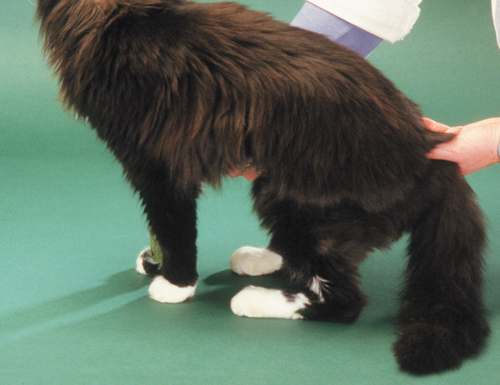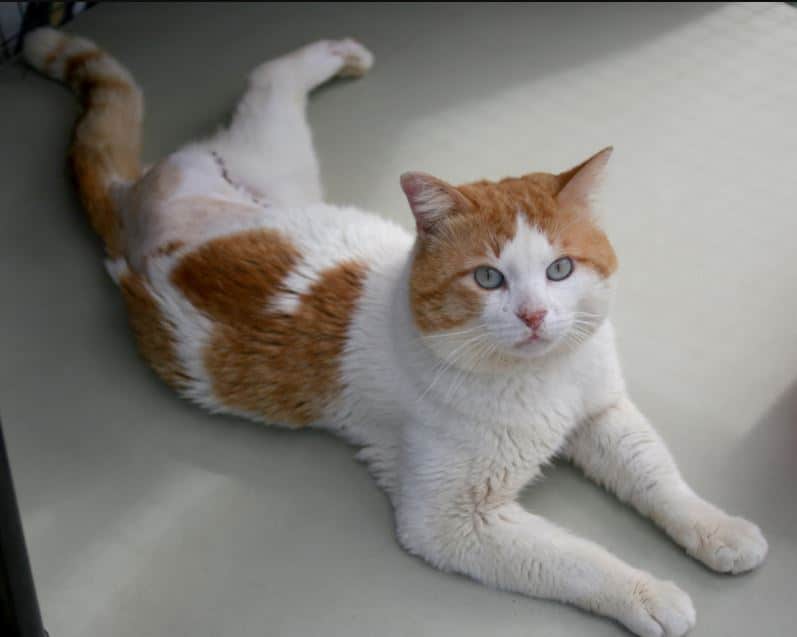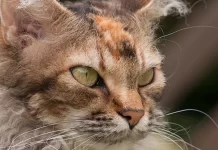Last Updated on February 24, 2024 by Fumipets
Causes of Hind Leg Neuropathy in Cats
Don’t assume your cat got into the catnip because he begins walking like a drunk with a weak hind end. He most likely has feline diabetes mellitus, as shown by his hind limb neuropathy. Take him to the veterinarian for a diagnosis and treatment; he should be back on his feet in no time.

Diabetes in Cats
Your cat’s hind limb neuropathy may be the first and most apparent, indication that he or she has feline diabetes mellitus. He has a greater chance of getting the illness if he is older and overweight. You may have observed that he’s also drinking excessively and overflowing the litter box, as well as losing weight despite his healthy appetite. His pancreas no longer manufactures insulin or generates insufficient amounts. His blood sugar increases to hazardous levels if he doesn’t have this hormone, which controls glucose in his body. Sugar diabetes is another term for diabetes mellitus.

Neuropathy
Kitty glides elegantly on his toes under regular conditions. He’ll stand on his hocks, a joint in the rear legs that are comparable to a human ankle if he has hind leg neuropathy. Your cat may possibly be hunched over. Neuropathy is the consequence of long-term nerve damage induced by his system’s elevated glucose levels. Complete lack of mobility is one of the potential symptoms, according to The Merck Veterinary Manual, and if the disease is left untreated, muscular atrophy may occur. Kitty may also have trouble regulating his bowels and bladder. In the worst-case situation, if the neuropathy isn’t addressed, the cat may succumb to gangrene of the limb and die.

Diagnosis
Kitty gets a thorough checkup from your vet, as well as blood tests and urine to check his blood sugar levels. Once your cat has been diagnosed, he has to start medication right away to bring his blood sugar under control and return to a normal condition.

Treatment
If your cat starts getting regular insulin injections, his neuropathy may improve and he’ll be able to move around properly again. Your veterinarian will teach you how to give these injections subcutaneously (under the skin). She may also suggest vitamin B12 pills to help with the neuropathy. Give Kitty her insulin injection every day at the same time, then feed her.
Your diabetic cat’s veterinarian will also suggest a diet for him, particularly if he needs to reduce weight. If your cat used to eat free-choice meals, that has to alter and be replaced with feeding at set times. You’ll take your cat to the vet regularly for checks so that she may modify the insulin dose levels depending on the results of the tests.


















